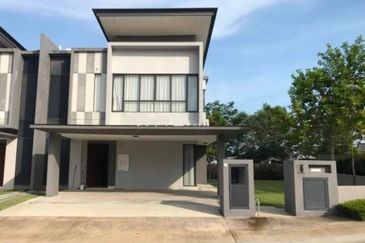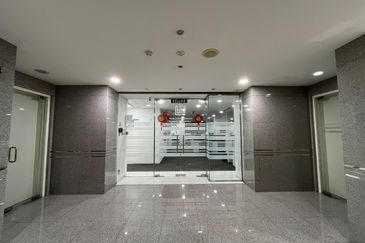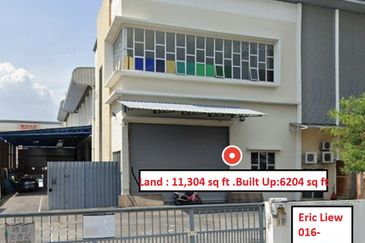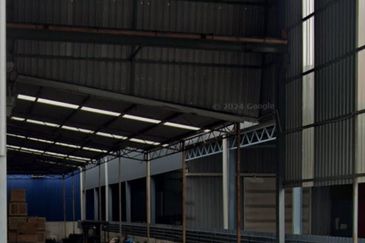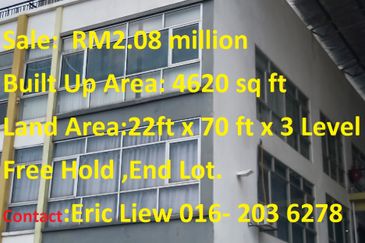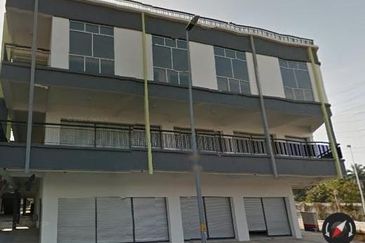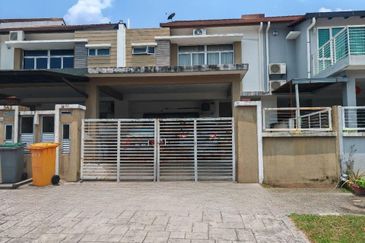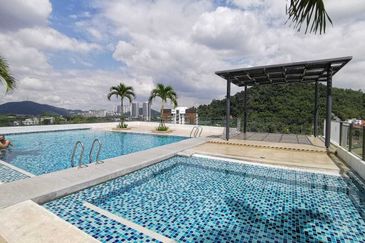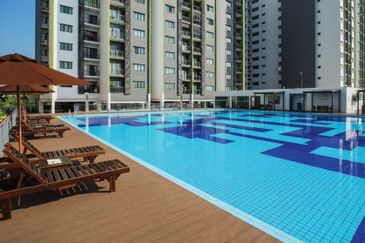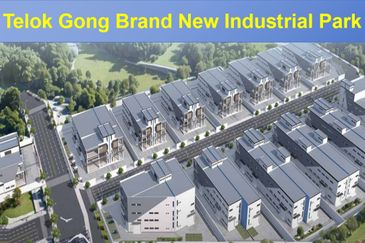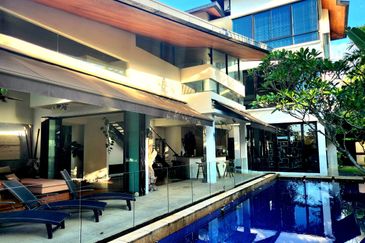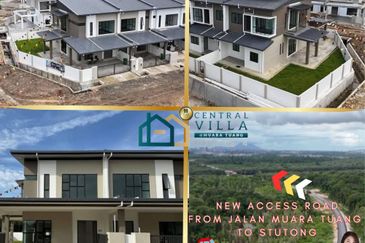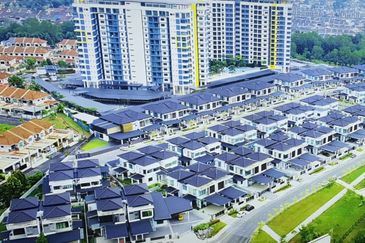
PETALING JAYA (Aug 21): A few years ago, Hong Kong citizens shirked from the idea of spending their golden years in mainland China, when the government tried to encourage its elderlies to move to retirement homes in Guangdong to counter housing scarcity in the densely-populated Hong Kong. Concens about cultural differences, medical services and insurance coverage deterred them.
Lately though, both push and pull factors have seen an increasing number of Hong Kong denizens seeking retirement options across the mainland, reported Reuters today.
For one, a mid- to high-end senior-care facility in Hong Kong costs a whopping US$2,000 (RM8,353) to US$5,000 a month. For those who can't afford those rates, government-subsidised senior housing are available, but the average waiting period for one is 37 months, for an average room of 6.5 sq m. In comparison, similar services in mainland China require less than US$1,000, and they get a 30 sq m space.
David Lee, a Hong Konger aged 56, related how he decided to reserve a place for himself in the southern Chinese city of Shenzhen for his own retirement after a visit to his 84-year-old mother with Alzheimer's.
"My mother had been queuing for two years for a space in a senior care home in Hong Kong, and she only waited two months before getting a space here (Yee Hong Heights),” Lee said.
Yee Hong Heights, a Hong Kong NGO-operated facility, provides subsidised beds in cooperation with the Hong Kong government, but is also open to selling private beds to both Hong Kong and mainland Chinese residents.
When it opened in 2006, there were fewer than 10 Hong Kong residents. Now, 190 retirees occupies the 315-bed capacity centre. It plans to increase to another 200 to 300 beds in two years, in anticipation of a 70% rise in demand from Hong Kong people.
“In the past we were like sales people and had to go to Hong Kong to promote our centre. But now, many people come to visit us themselves,” said superintendent of Yee Hong Heights, Jackie Mo.
Greater incentives
Adding to the appeal is the Hong Kong government's initiative in granting social security aid to underprivileged seniors in Guangdong and Fujian provinces, with additional “old-age living allowances starting in 2020”.
The improved connectivity to the mainland has also been another attraction, plus “an integration push by the Hong Kong and Chinese central governments under the Greater Bay Area initiative”.
With an estimated growth to 7.7 trillion yuan (RM4.68 trillion) by 2020 and to 20 trillion yuan by 2030, from 5 trillion yuan in 2016, the retirement home market has drawn a stream of investors from Hong Kong and overseas.
Among them is New World Development, a prime Hong Kong developer, which at end-2018, launched a senior healthcare and rehabilitation service dubbed “Humansa”. This year, it plans to expand into Shenzhen, Foshan, Shunde and other cities in the mainland.
The company, which owns about 1,000 beds in Hong Kong, has invested HK$400 (RM213 million) to date in the “high-quality and personalised” service. It plans to raise the figure to 4,000 beds in the Greater Bay Area within five years.
Similarly, Baring Private Equity was reported telling an industry summit recently that it was planning to invest in senior housing in the Greater Bay Area.
Official data shows there are more than 2,000 beds in at least five retirement homes in Guangdong, operated by Hong Kong investors or non-government organisations.
An official Hong Kong survey reported there are 77,000 Hong Kongers aged 65 and above living in Guangdong in 2016.
According to Hong Kong's Labour and Welfare Bureau, a shortage of 11,600 subsidised beds for senior care, or about 70 elderly care homes is forecast in the 2026 fiscal year.
Hong Kong and Macau service providers can claim construction and operation subsidies if they use idle social resources for development.
However, “if you target 100 per cent Hong Kong elderly, it doesn't look good to the local government,” Yee Hong Height's Mo said. “But if you want to target local Chinese clients, there are so many cheaper options here.”
On the other hand, China's relatively outdated medical insurance and medical services have remained a hampering factor for more Hong Kong people to consider the retirement options there.
“Since I have spent most of my life time in Hong Kong; I am more familiar and have trust in the local hospital rather than the Greater Bay Area,” said a 74-year-old retiree who wanted to be known only as Liu, adding that the mainland retirement home is out of his radar.
TOP PICKS BY EDGEPROP
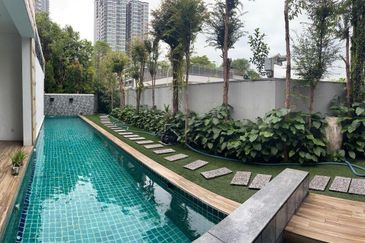
The Residence, Mont Kiara
Mont Kiara, Kuala Lumpur
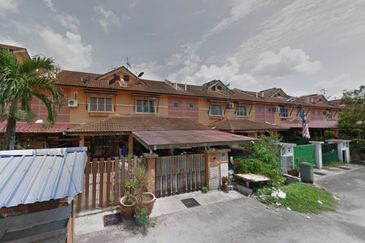
Laman Bakawali @ Kota Seriemas
Nilai, Negeri Sembilan
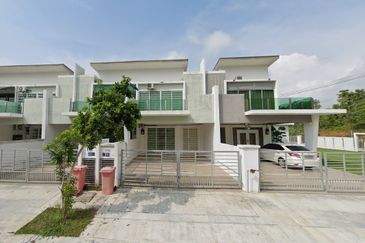
Hijayu 3D Alwinix & Alconix Community Park
Seremban, Negeri Sembilan
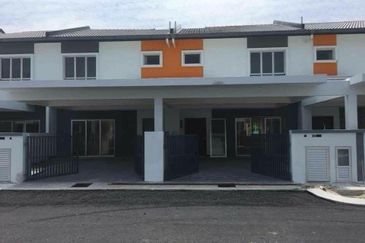
Albury 2, Taman Tasik Senangin
Lenggeng, Negeri Sembilan
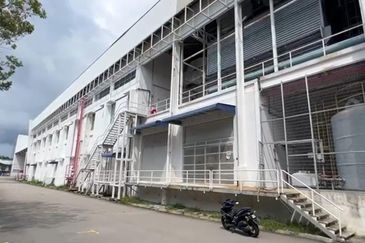
Bayan Lepas Industrial Park
Bayan Lepas, Penang
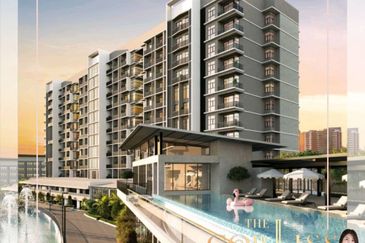
The Corliss Residence @ The NorthBank
Kuching, Sarawak

hero.jpg?GPem8xdIFjEDnmfAHjnS.4wbzvW8BrWw)

